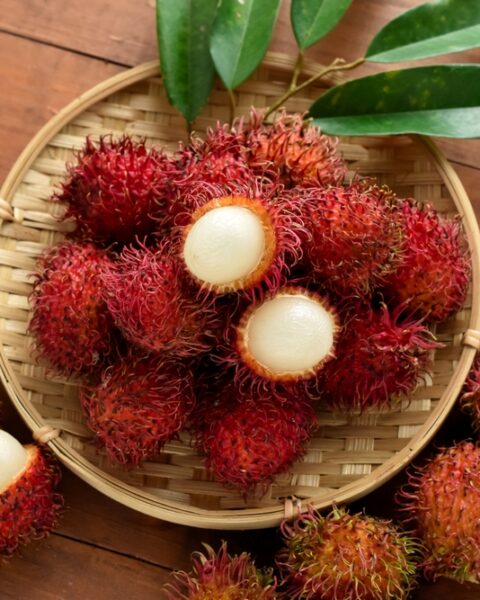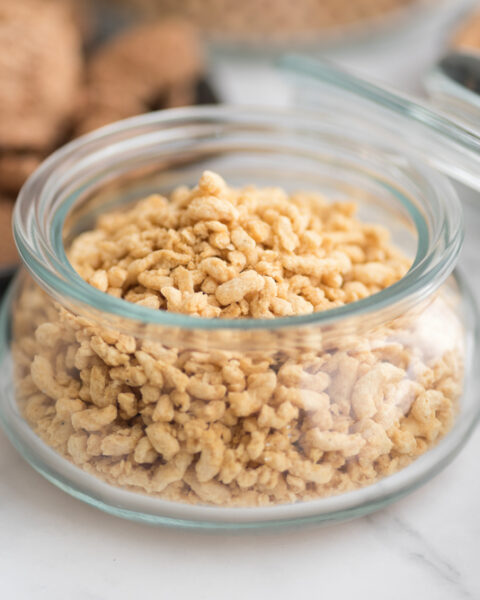Antioxidants are essential for protecting our bodies from the damage caused by free radicals. These harmful molecules can lead to various health issues, including inflammation and chronic diseases. Luckily, we can combat these effects by including antioxidant-rich foods in our diet. From the vibrant sweetness of berries to the earthy flavors of beets, each food item brings unique benefits and tastes to our tables. Here’s a look at some of the best antioxidant-rich foods you should consider adding to your meals.
Contents
- 1 Berries
- 2 Dark Chocolate
- 3 Peanuts
- 4 Carrots
- 5 Walnuts
- 6 Apples
- 7 Purple Grapes
- 8 Small Red Beans
- 9 Tomato
- 10 Pecans
- 11 Pomegranate
- 12 Apricots
- 13 Artichokes
- 14 Cloves
- 15 Oranges
- 16 Kale
- 17 Beets
- 18 Purple Cabbage
- 19 Spinach
- 20 More From RetailShout
- 21 10 Foods That Cost Less to Eat Out Than to Make at Home
- 22 10 Delicious Low-Carb Recipes to Refresh Your Diet
Berries
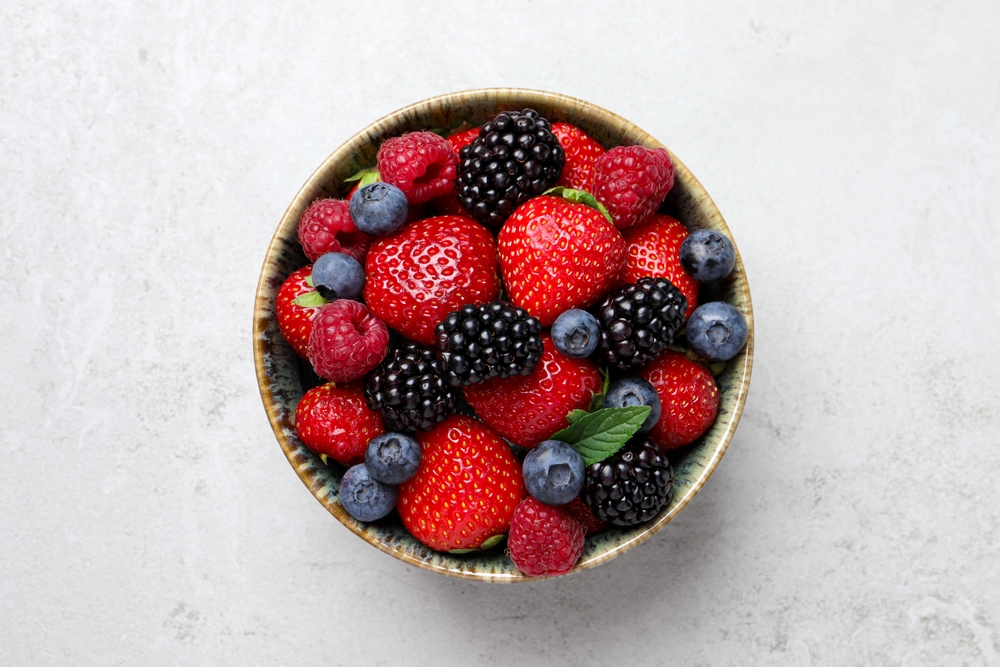
Berries, such as blueberries, strawberries, and raspberries, are packed with antioxidants like vitamin C and anthocyanins. These fruits are known for their vibrant colors and juicy textures, offering a burst of sweetness with a slight tartness. Consuming berries can help neutralize free radicals, reducing oxidative stress and inflammation. Their refreshing taste makes them a perfect addition to smoothies, cereals, or eaten on their own as a healthy snack.
Dark Chocolate

Dark chocolate is rich in flavonoids, which are powerful antioxidants that protect your body from free radicals. With a slightly bitter and deep cocoa flavor, dark chocolate can satisfy your sweet tooth while providing health benefits. Eating dark chocolate in moderation can improve heart health and enhance brain function. The rich, indulgent taste makes it a favorite treat for many.
Peanuts
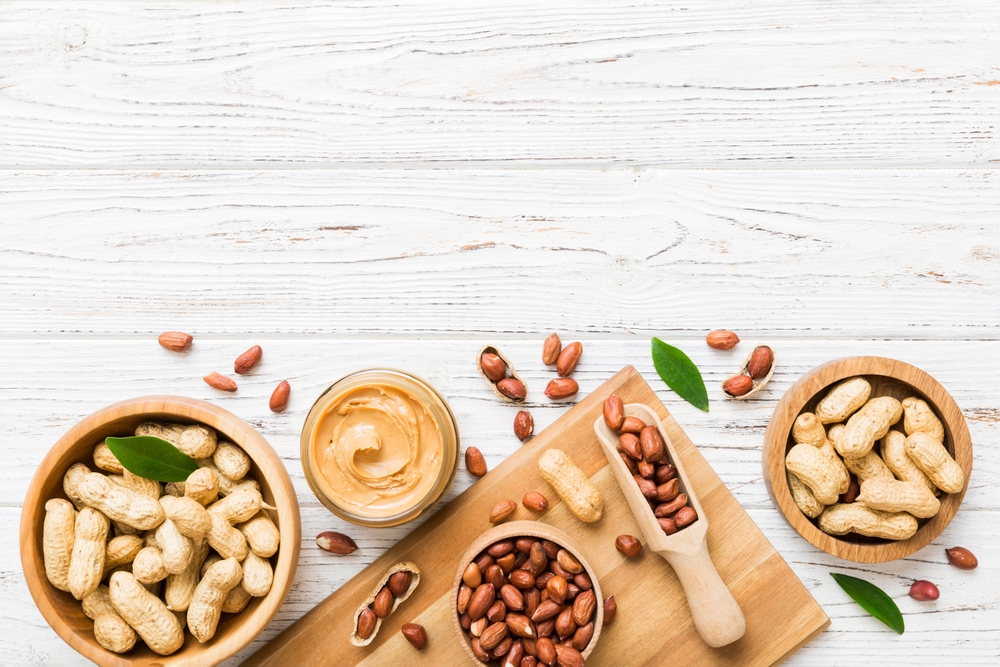
Peanuts contain resveratrol and other antioxidants that combat oxidative stress. They have a nutty, slightly earthy flavor with a satisfying crunch. Including peanuts in your diet can help lower the risk of heart disease and improve overall health. Whether eaten as a snack, in peanut butter, or added to dishes, their taste and versatility are well-loved.
Carrots

Carrots are high in beta-carotene, an antioxidant that the body converts to vitamin A. They have a sweet, slightly earthy flavor and a crunchy texture. Consuming carrots supports eye health and boosts the immune system. Their natural sweetness makes them enjoyable raw, cooked, or juiced.
Walnuts

Walnuts are rich in polyphenols and other antioxidants that protect cells from damage. They have a slightly bitter, nutty taste with a crunchy texture. Eating walnuts can improve heart health, brain function, and reduce inflammation. They can be eaten on their own, added to salads, or included in baked goods.
Apples
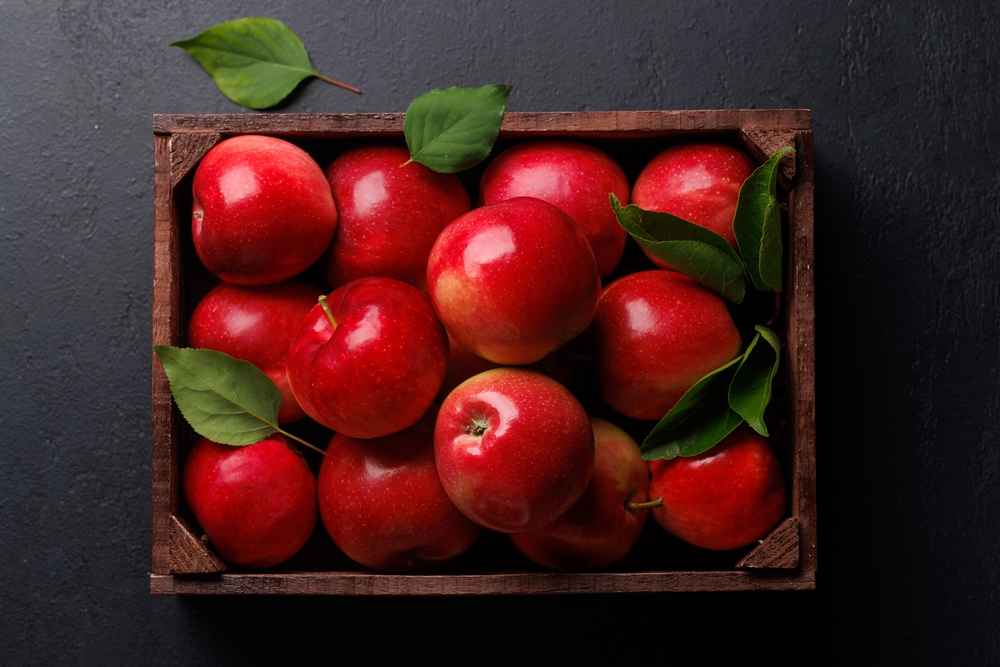
Apples contain quercetin, a potent antioxidant that helps fight free radicals. They have a crisp texture and a balance of sweet and tart flavors. Regular consumption of apples can promote heart health and reduce the risk of certain cancers. Apples are versatile and can be eaten fresh, baked, or in a variety of dishes.
Purple Grapes

Purple grapes are loaded with resveratrol and other antioxidants. They have a sweet, juicy flavor with a hint of tartness. These grapes help protect against heart disease and support healthy aging. Enjoy them fresh, in salads, or as raisins for a healthy snack.
Small Red Beans
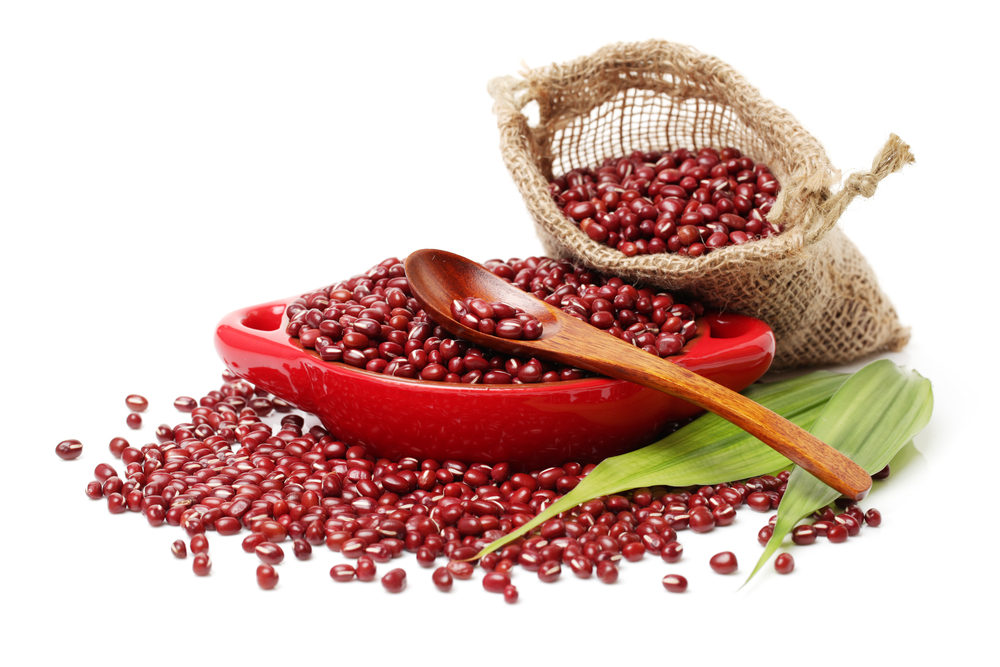
Small red beans are a rich source of antioxidants, including anthocyanins. They have a mild, slightly sweet flavor and a creamy texture when cooked. These beans can help improve digestion and lower cholesterol levels. They are great in soups, stews, and salads.
Tomato
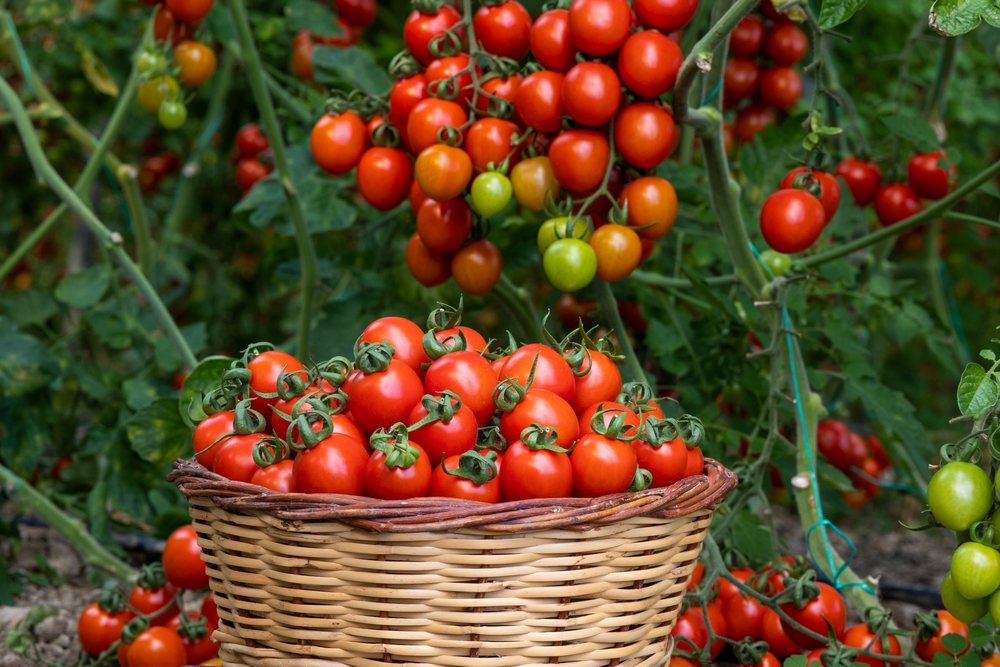
Tomatoes are high in lycopene, an antioxidant that gives them their red color. They have a slightly tangy, sweet flavor and a juicy texture. Consuming tomatoes can help reduce the risk of heart disease and cancer. They are versatile and can be used in salads, sauces, and soups.
Pecans
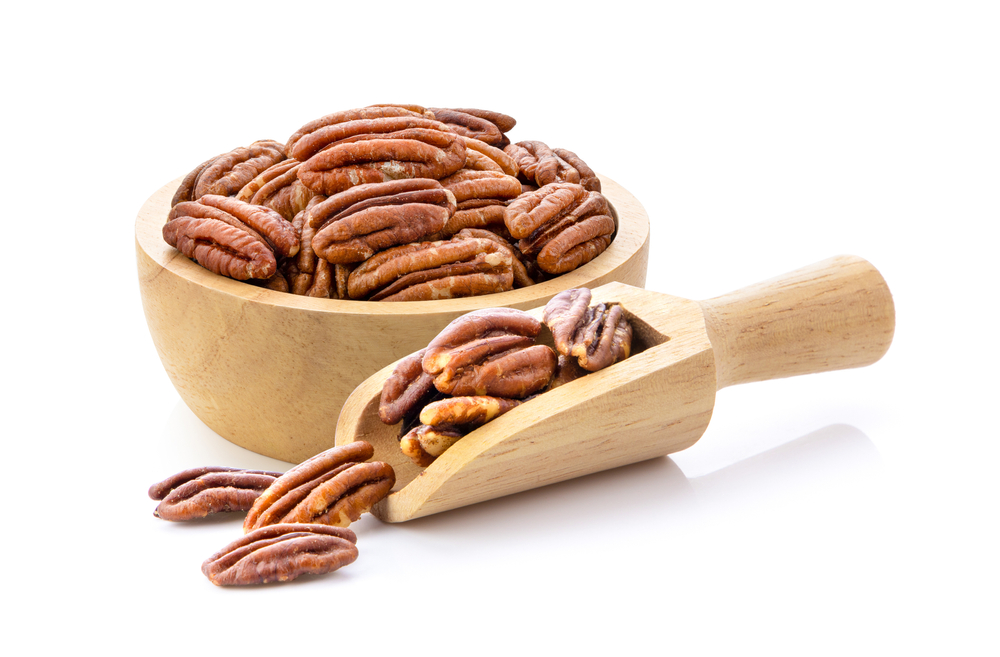
Pecans are packed with flavonoids and other antioxidants. They have a rich, buttery flavor with a crunchy texture. Eating pecans can support heart health and improve digestion. They are delicious on their own, in desserts, or added to savory dishes.
Pomegranate

Pomegranates are known for their high levels of antioxidants, particularly punicalagins. They have a sweet-tart flavor and a juicy, seed-filled texture. Pomegranates can reduce inflammation and lower blood pressure. Enjoy them fresh, as juice, or sprinkled over salads.
Apricots

Apricots are rich in beta-carotene and other antioxidants. They have a sweet, slightly tart flavor and a soft, juicy texture. Consuming apricots can support eye health and boost the immune system. They are great fresh, dried, or in preserves.
Artichokes
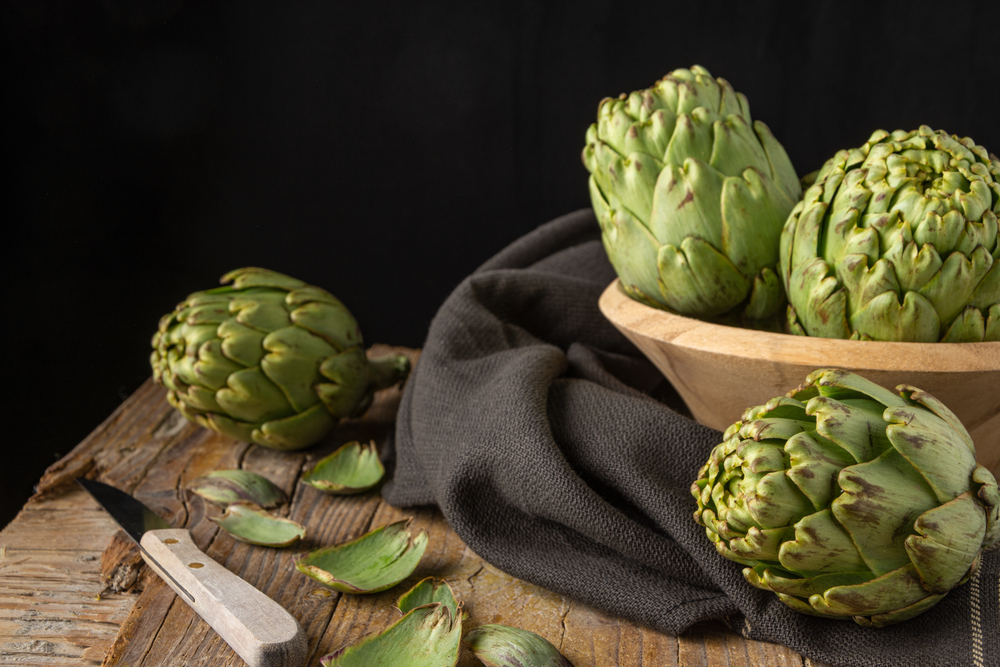
Artichokes contain high levels of antioxidants like quercetin and rutin. They have a slightly nutty, earthy flavor and a tender texture when cooked. Eating artichokes can improve liver health and digestion. They can be enjoyed steamed, grilled, or in dips.
Cloves
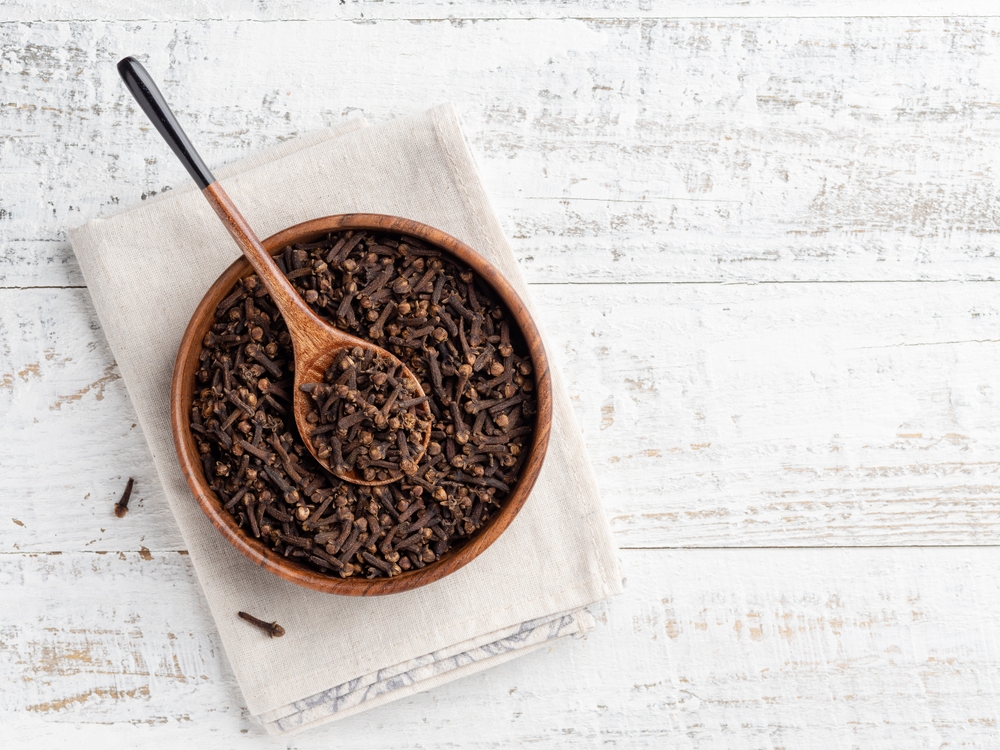
Cloves are a spice rich in antioxidants, particularly eugenol. They have a warm, sweet, and slightly peppery flavor. Including cloves in your diet can help reduce inflammation and improve digestion. They are often used in baking, curries, and spice blends.
Oranges

Oranges are high in vitamin C and other antioxidants. They have a sweet, citrusy flavor and a juicy texture. Consuming oranges can boost the immune system and improve skin health. They are perfect fresh, juiced, or in various recipes.
Kale

Kale is loaded with antioxidants like quercetin and kaempferol. It has a slightly bitter, earthy flavor and a chewy texture. Eating kale can support heart health and detoxify the body. It can be enjoyed raw in salads, cooked, or as chips.
Beets
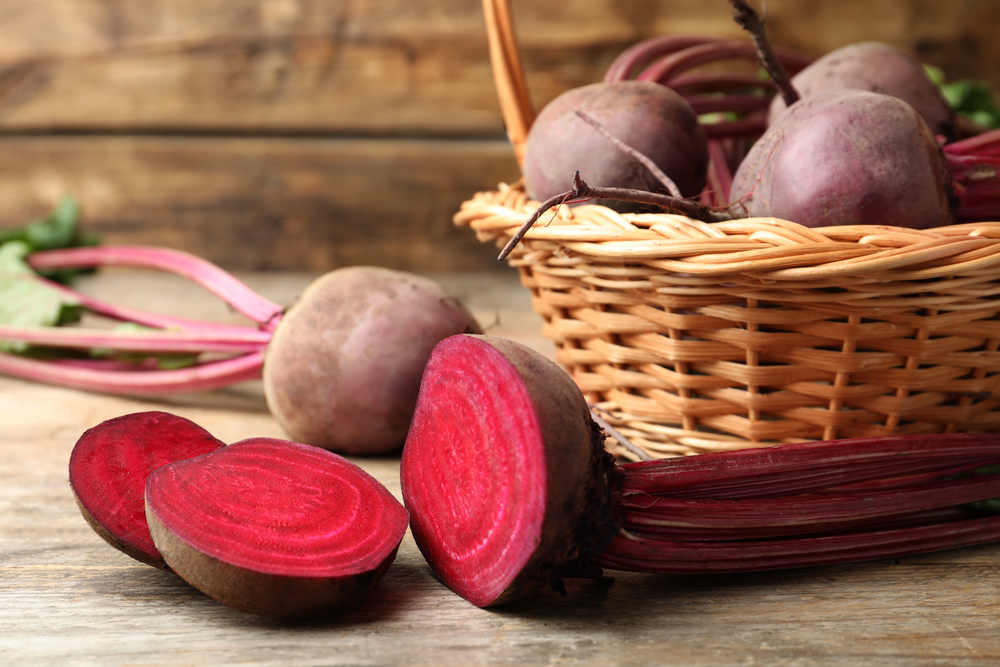
Beets are rich in betalains, powerful antioxidants that give them their deep red color. They have a sweet, earthy flavor and a firm texture. Consuming beets can improve blood pressure and boost athletic performance. They are delicious roasted, boiled, or in salads.
Purple Cabbage
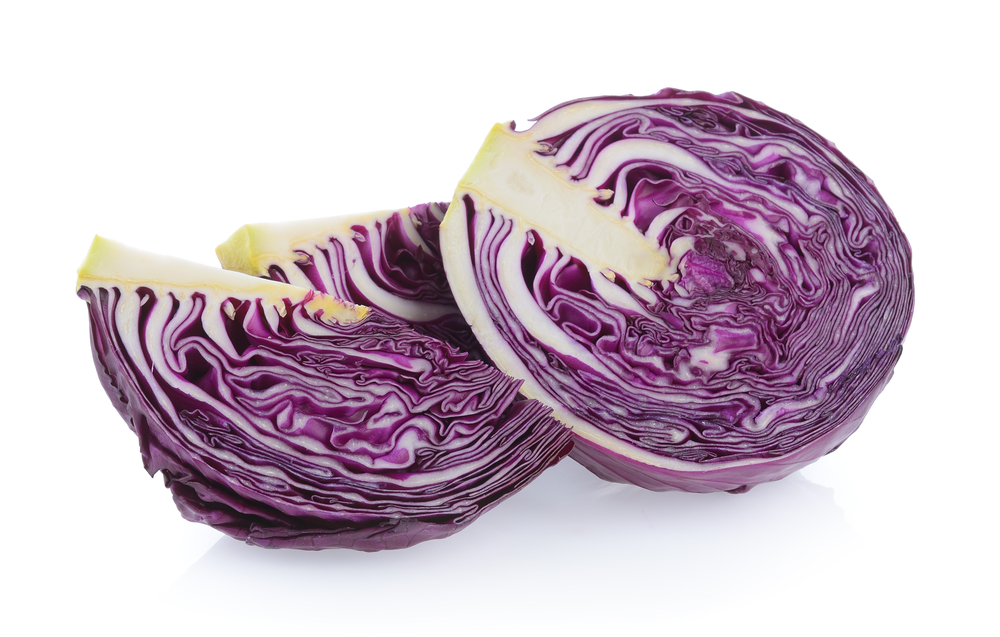
Purple cabbage contains anthocyanins, potent antioxidants that give it its color. It has a slightly peppery, sweet flavor and a crunchy texture. Eating purple cabbage can support heart health and reduce inflammation. It can be used in salads, slaws, or stir-fries.
Spinach
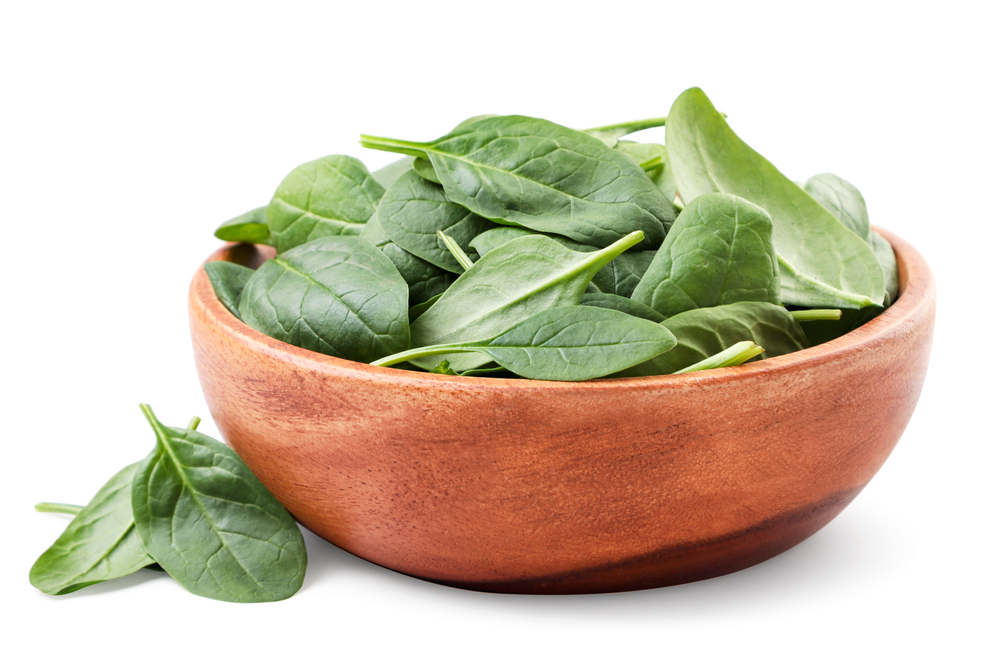
Spinach is high in antioxidants like lutein and zeaxanthin. It has a mild, slightly sweet flavor and a tender texture. Consuming spinach can improve eye health and boost the immune system. It is versatile and can be eaten raw, cooked, or in smoothies.
This article originally appeared on RetailShout
More From RetailShout
10 Essential Condiments Every Kitchen Needs

Condiments are a staple of many kitchens, adding flavor and variety to meals. From tangy mustard to savory salsa, there are countless condiments to choose from. But with so many options available, it can be hard to know which ones to keep in your pantry. Read More.
10 Foods That Cost Less to Eat Out Than to Make at Home

Eating out often gets a bad rap for being expensive, but that’s not always the case. Sometimes, grabbing a meal at your favorite spot can be lighter on the wallet than whipping it up in your kitchen. Whether it’s the cost of ingredients or the time and effort involved, there are plenty of foods where dining out just makes more sense. Read More.
10 Delicious Low-Carb Recipes to Refresh Your Diet
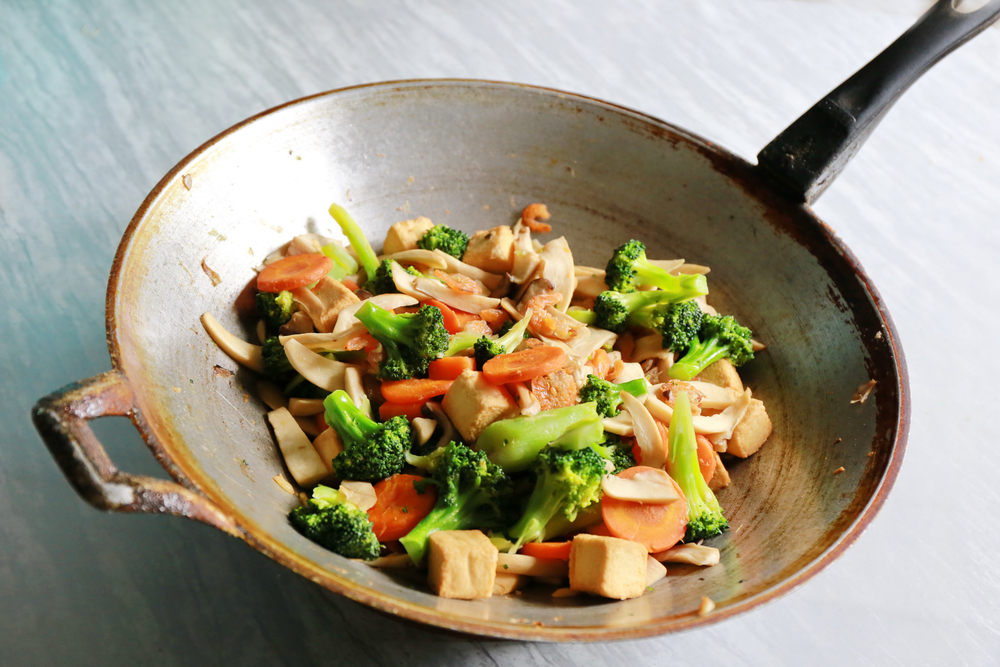
Low-carb diets have gained popularity in recent years as a way to manage weight and improve overall health. By reducing your intake of carbohydrates, you can help regulate blood sugar levels, reduce inflammation, and promote weight loss. Read More.

